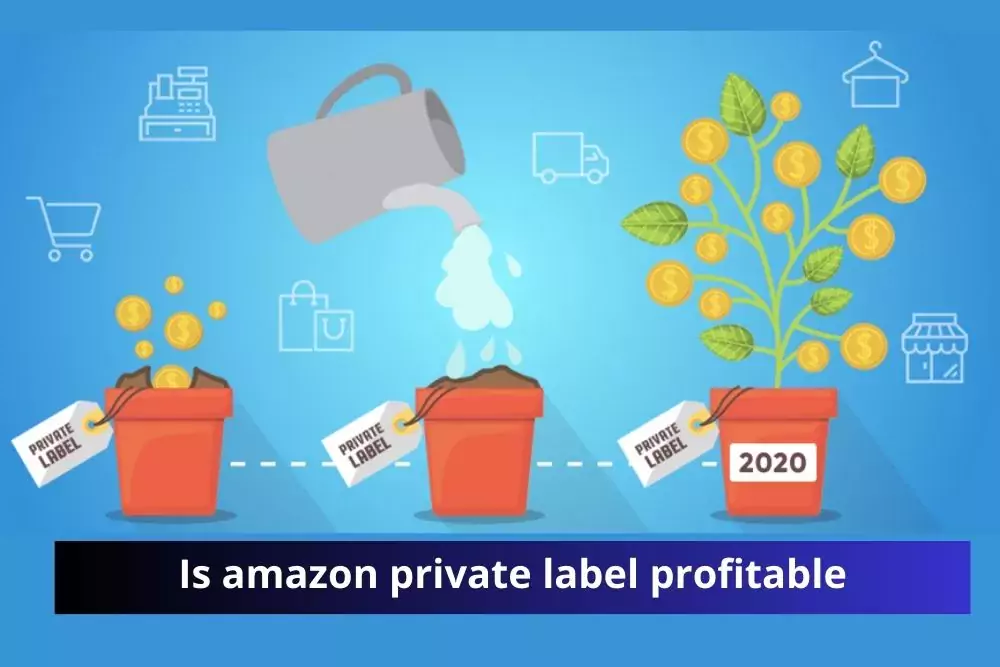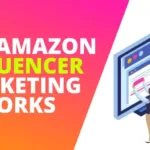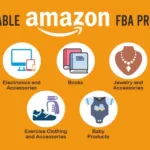Is Amazon Private Label Profitable?

In the fast-paced world of e-commerce, many entrepreneurs are exploring the avenue of Amazon Private Labeling to carve a niche in the market. The burning question on the minds of these aspiring business owners is, “Is Amazon Private Label Profitable?” In this comprehensive guide, we will delve into the various facets of Amazon Private Labeling, examining its profitability, advantages, challenges, and providing valuable tips for success.
2. Understanding Amazon Private Labeling
Amazon Private Labeling involves selling products under your own brand name, utilizing a manufacturer’s existing product and rebranding it as your own. This business model offers a unique opportunity for entrepreneurs to enter the market without the hassle of product development.
3. Advantages of Amazon Private Labeling
3.1 Higher Profit Margins
Amazon Private Labeling can be highly profitable due to the potential for greater profit margins. By eliminating the need for a middleman, you retain more control over pricing, allowing for increased profits.
3.2 Brand Control
Establishing your brand on Amazon provides control over the customer experience. From packaging to customer service, you dictate how your brand is perceived, fostering trust and loyalty.
3.3 Customization and Differentiation
Private labeling allows for product customization, setting your offerings apart from competitors. This uniqueness can be a key driver of success in the highly competitive Amazon marketplace.
4. Challenges of Amazon Private Labeling
4.1 Initial Investment
While the potential for profit is high, it’s crucial to acknowledge the initial investment required for product sourcing, branding, and marketing. However, strategic planning can mitigate these costs over time.
4.2 Competition
The popularity of Amazon Private Labeling has led to increased competition. To succeed, you must differentiate your products through quality, branding, and effective marketing strategies.
4.3 Marketing and Promotion
Effectively marketing your private label products is essential. Creating a robust marketing strategy, including Amazon PPC campaigns and social media promotion, is key to overcoming this challenge.
5. Tips for a Profitable Amazon Private Label Business
5.1 Thorough Market Research
Before diving in, conduct extensive market research to identify trends, assess competition, and understand your target audience. This groundwork lays the foundation for a successful venture.
5.2 Quality Product Sourcing
Choosing the right suppliers is critical. Opt for reliable manufacturers to ensure the quality of your products. Customer satisfaction leads to positive reviews and repeat business.
5.3 Effective Branding and Marketing
Invest in branding to create a strong identity. Implementing effective marketing strategies, including optimizing product listings and leveraging social media, enhances visibility and sales.
5.4 Customer Feedback and Continuous Improvement
Actively seek customer feedback to refine your products and services continually. This iterative process ensures that your offerings align with customer expectations, fostering long-term success.
6. Frequently Asked Questions (FAQs)
6.1 What is Amazon Private Labeling?
Amazon Private Labeling involves selling products under your own brand name, utilizing a manufacturer’s existing product and rebranding it as your own.
6.2 How Much Initial Investment is Required?
The initial investment varies but typically includes costs for product sourcing, branding, and marketing. Strategic planning can help mitigate these costs over time.
6.3 How to Stand Out in a Competitive Market?
Stand out by focusing on quality, effective branding, and strategic marketing. Unique product features and excellent customer service also contribute to differentiation.
6.4 Is Amazon Private Labeling Suitable for Every Product?
While versatile, not every product is suitable for private labeling. Conduct thorough market research to identify products with demand and potential for differentiation.
6.5 How Long Does It Take to See Profits?
The timeline for profitability varies but involves factors such as product quality, marketing effectiveness, and market demand. Patience and continuous improvement are crucial.
7. Conclusion
In conclusion, the question “Is Amazon Private Label Profitable?” is nuanced. While challenges exist, the potential for success is substantial. By understanding the advantages, overcoming challenges, and implementing strategic tips, entrepreneurs can position themselves for profitability in the competitive world of Amazon Private Labeling. As with any business endeavor, dedication, continuous improvement, and adapting to market dynamics are key to long-term success.



